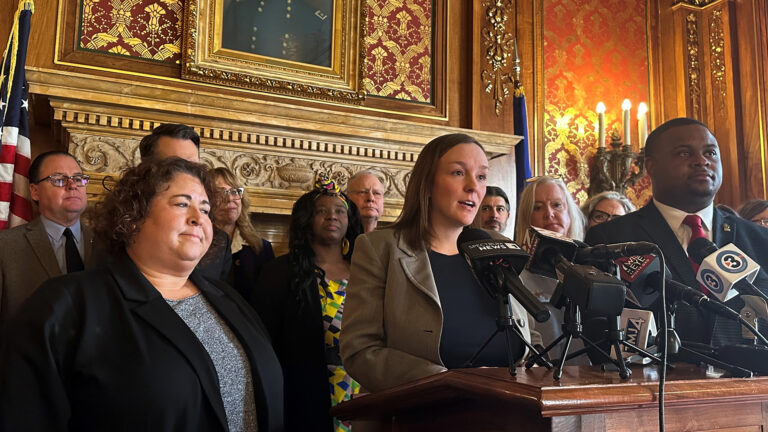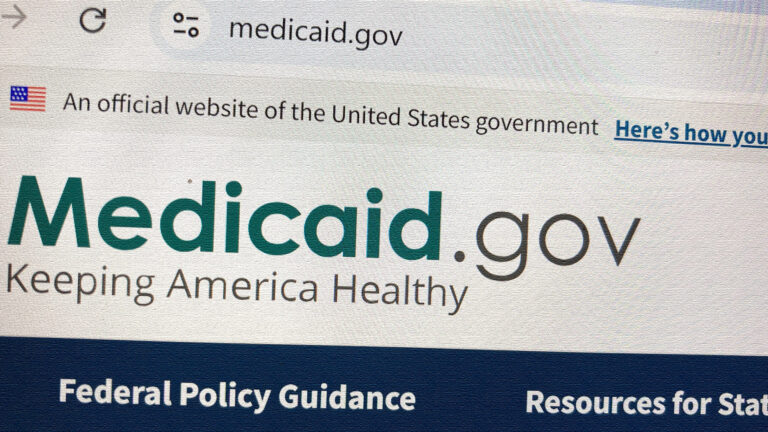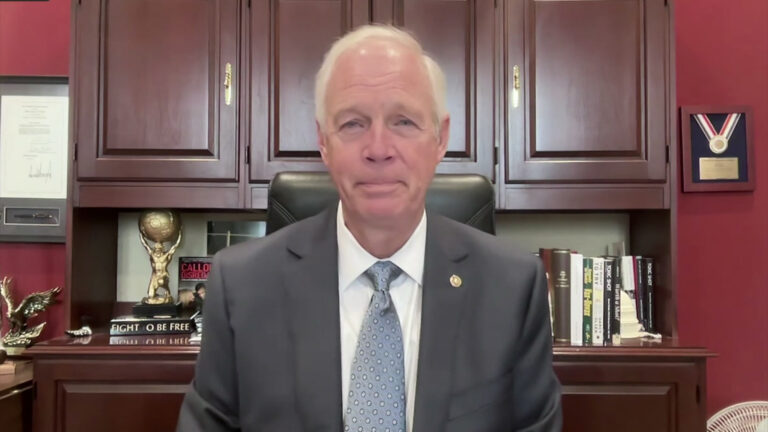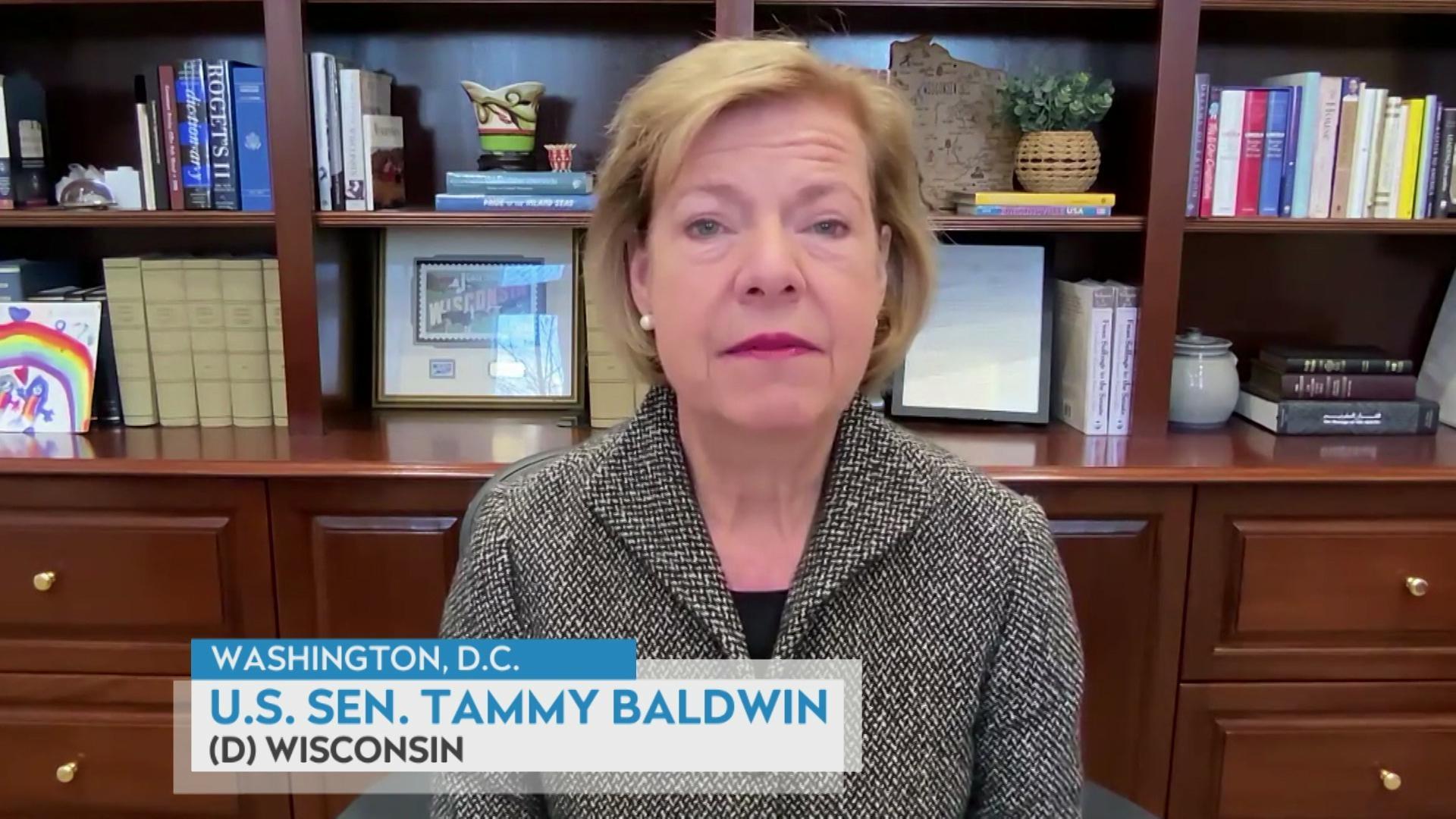Dr. Christopher Ford on emergency care for pregnant patients
Christopher Ford, M.D., an emergency physician based in Milwaukee, describes uncertainties for doctors caused by Wisconsin's abortion laws and the effects on professional guidance when providing care.
By Marisa Wojcik | Here & Now
August 29, 2023
VIDEO TRANSCRIPT
Christopher Ford, M.D.:
As of the decision, myself as well as the remainder of my colleagues throughout the state of Wisconsin have been practicing under the guise of we are doing no harm to our patients. We are backed federally by the centers of Medicare and Medicaid, by EMTALA as we call it, or our governing body's decision of providing stability to our patients before they are able to go to a higher level of care. With that being said, outside of my practice, I have had to open up more to the entire picture of my patients. What I've seen recently is we have patients who we said before are going across state lines, receiving abortion care. I've had patients present that have had incomplete abortion care, because there is not availability of funds to continue to travel back and forth or they don't have a ride to get back and forth. And in that, with that incomplete care, there can be extreme danger in that. We've seen overall, there's a the study that was done in December that demonstrated in states that have stricter abortion laws, such as Wisconsin, we see morbidity and mortality, specifically mortality go up by 60% plus for mothers as well as for their infants. And so those are things that are always in the back of my mind when I'm considering where did this patient get their care elsewhere where that patient is in terms of if they can return to get definitive care. Are they apprehensive to get care for fear of any prosecution associated with it as well? And so I've had to open myself up more to my patients in that respect, get the full story to make sure that we're able to both quell some of those fears, as well as to push them towards if this is an unstable pregnancy, this is what we need to do in this instance.
...
Back last year, right when this decision came down at a federal aspect, there were policy statements by the American College of Emergency Physicians, which I'm a part of, as well as the Centers for Medicare and Medicaid. And so what they ultimately did was they put forth the statement of we are mandated as emergency providers to provide the most salient care as we can to protect the lives of the patients in front of us. And so inherent in that were capabilities of performing medical abortion, surgical abortions, if that is required in the instance of instability of the patient for the life of the patient as well. And so mainly that policy statement was written more so to reduce some of the fears by providers of do I have to be on the phone at three o'clock in the morning with a lawyer to make a decision of which I know normally would be my next course of action. So with that, we got some support from the federal standpoint of saying, we have this ability to do this care and we're gonna continue to provide this care. Now, with that being said, again, the law as written in the state of Wisconsin, is still very gray. And so there will still always be some providers who are very concerned about that as they rightly so should be, you know. There's risk of prosecution up to six years as well as a $10,000 fine. Those are things that will likely be in the back of a lot of providers' minds, especially those who are practicing in more rural locations as well as locations where they're single cover stocks of which I've done before. So I understand that.
 Passport
Passport











Follow Us